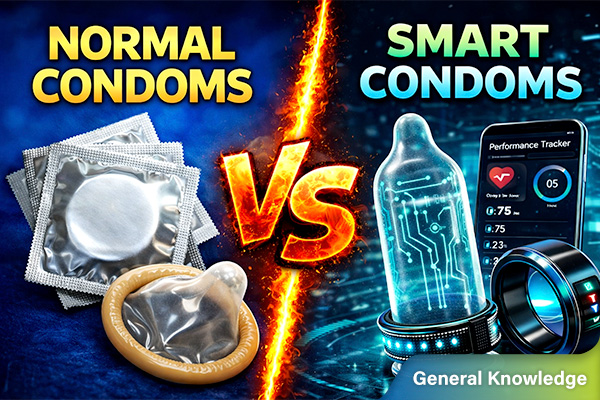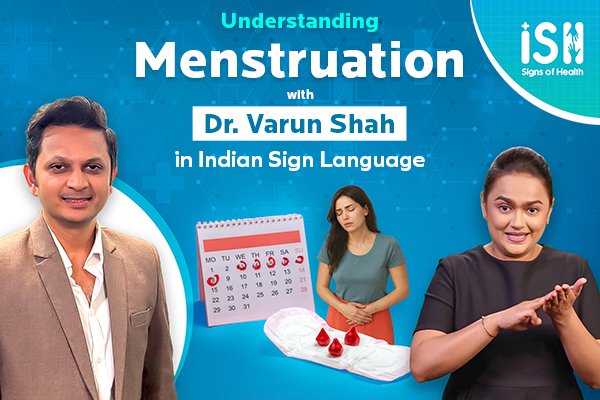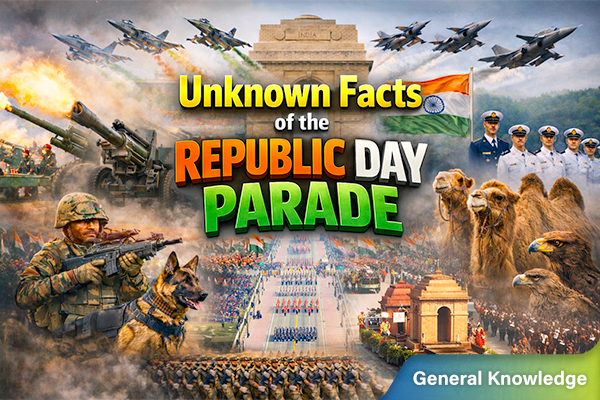What is the Meaning of Vaccination?
With the availability of the COVID-19 vaccine around the world, there are still some who are unaware of the meaning of vaccination and its significance. Watch our latest video to learn all the details
A new sickness called the Coronavirus spread across the world year leading to a complete lockdown in many countries. Since the start of the pandemic, people have been desperately awaiting a vaccine. Now a few countries have started their vaccination campaigns as well. Very soon India will too. But there are still many who are confused about what a vaccine is. In today’s video, we will explain to you the meaning of a vaccine as per the details mentioned on the WHO website.
What is Vaccination?
Vaccination is a simple, safe, and effective way of protecting people against harmful diseases before they come into contact with them. It uses your body’s natural defenses to build resistance to specific infections and makes your immune system stronger. Most vaccines are given by injection, but some are given orally or sprayed into the nose.
How Does a Vaccine Work?
Vaccines contain only killed or weakened forms of germs like viruses or bacteria of a particular disease. They do not cause the disease or put you at risk of its complications. When a person receives the vaccine, the Immune system recognizes the virus or bacteria that has entered the body. Our Immune system then produces antibodies. Antibodies are produced naturally by the immune system to fight disease. Our immune system then remembers the disease and how to fight it. If you are then exposed to the germ in the future, your immune system can quickly destroy it before you become unwell. The vaccine is therefore a safe and clever way to strengthen the Immune System without causing illness. Once we receive the vaccine, we typically remain protected against a disease for years, decades or even a lifetime. This is what makes vaccines so effective. Rather than treating a disease after it occurs, vaccines prevent us in the first instance from getting sick.
Why is Vaccination Important?
Vaccination is a safe and effective way to prevent disease and save lives. Today there are vaccines available to protect against at least 20 diseases. Vaccines save the lives of up to 3 million people every year.
When we get vaccinated, we aren’t just protecting ourselves, but also those around us. The more people get vaccinated, the less is the chance for an illness to spread. Some people, like those who are seriously ill, are advised not to get certain vaccines – so they depend on the rest of us to get vaccinated and help reduce the spread of disease. During the COVID-19 pandemic, vaccination continues to be critically important. WHO has urged countries to ensure that essential immunization and health services continue, despite the challenges posed by COVID-19.
Are Vaccines Safe?
Like any medicine, vaccines can cause mild side effects, such as a low-grade fever, or pain or redness at the injection site. Mild reactions go away within a few days on their own. Severe or long-lasting side effects are extremely rare. Vaccines are continually monitored for safety, to detect severe reactions.
Do You Still Have Doubts About Vaccine?
If you have questions about vaccines be sure to talk to your doctor. They can provide you with science-based advice about vaccination for you and your family. When looking online for information about vaccines, be sure to consult only trustworthy sources. To help you find them, WHO has reviewed and ‘certified’ many websites across the world that provide only information based on reliable scientific evidence and reviews by experts.
You can access such websites here: https://www.vaccinesafetynet.org/







